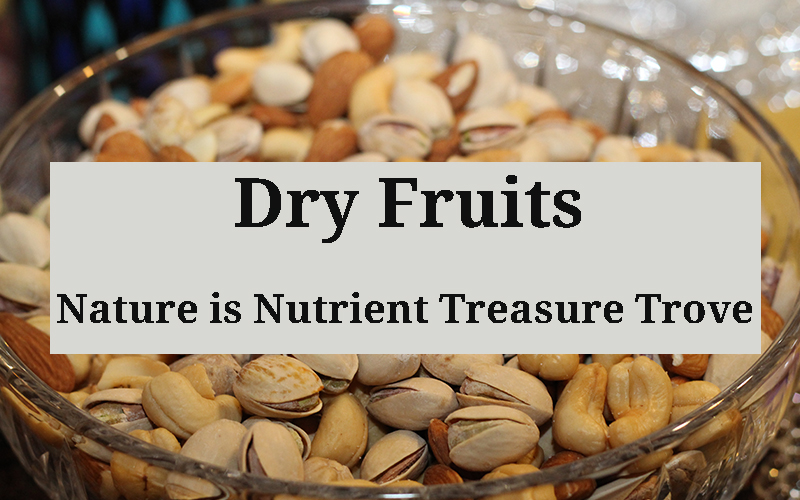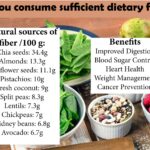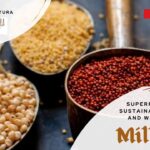Advantages of Dry Fruits – in fact miniature powerhouses of vitamins, minerals, and antioxidants, offering a plethora of benefits for our health and vitality. These dry fruits are rich in vitamins and proteins; they also boot immunity and prevent.
Life style disease such as cholesterol and diseases such as cholesterol and diabetes. Most dry fruits are rich in minerals, proteins, fiber and vitamins add to that they are tasty and delicious to. Dry fruits are excellent and healthy substitute for daily snacks.


Almonds:
A healthy substitute for conventional snacking options, generally high in sugar, almonds can be enjoyed anytime. Almonds are rich in anti-oxidants and have zero cholesterol. They are known to provide relief from constipation, respiratory issues and heart disorders, besides being great for hair, skin and teeth.
There are many benefits of almonds for skin, hair and health:
• Prevents dandruff and itchy scalp
• Prevents split ends and hair fall
• Reduces melanin production of skin
• Keeps skin moisturized
• Reduces cholesterol and blood sugar levels
• Aids in weight loss
• Prevents cardiovascular diseases
Uses of Almonds: How to use Almonds
• Eat them raw in breakfast
• Garnish them on dishes
• Gulp almond milk at night before going to sleep
• Add almonds to plain yoghurt
• Garnish almonds on all non-veg dishes
Cashews:
These nuts are loaded with health benefits and are a rich source of vitamins E and B6. What’s more? They can also be used to bring a rich texture and flavour to various dishes.
There are several benefits of Cashews and you should include this dry fruit in daily diet:
• Aids in diabetes
• Controls blood sugar levels in body
• Strengthens bones and teeth
• Promotes healthy brain functioning
• Prevent headaches
• Improves digestion
Uses of Cashew: How to use Cashew Nuts
• Grind cashews to make cashew butter or cashew cheese (use 500 grams cashews)
• Eat them raw twice a day (4-5)
• Add cashews to make a sweet dish (Kaju Barfi)
• Garnish them in ‘Halwa’
Raisins:
Raisins are made from dehydrated grapes and are used in both sweet and savoury food preparations. They are good for health and have been known to reduce acidity and help in digestion.
Benefits of Raisins/Kismis:
• Relieves constipation
• Promote weight gain
• Maintains a healthy digestive system
• Reduces hypertension
• Keeps teeth and bones healthy
• Cures common cold and fever
• Improves vision
Uses of Raisins/Kismis: How to use Raisins
• Add raisins in oatmeal
• Add them in baked items
• Add them in morning salad
• Eat them raw whenever you need instant energy
• Soaked Raisins are a great health supplement
Walnuts:
This shelled nutty delight is extremely nutritious. It is loaded with vital Omega-3 fatty acids, dietary fibres, proteins, anti-oxidants, vitamins and minerals.
Benefits of Walnuts
• Controls diabetes
• Reduces inflammation
• Maintains body weight
• Aids in skin care
• Keeps hair silky and shiny
Uses of Walnuts: How to use Walnuts
• Mix chopped walnuts in grain cereal
• Makes a delicious walnut butter by adding honey and cinnamon in it
• Eat raw walnuts daily in the morning
Pistachios:
Pistachios are good for the heart as they help in lowering bad cholesterol level. They also help prevent diabetes and boost immunity.
Benefits of Pistachios/Pista
• Controls cholesterol levels in body
• Controls diabetes
• Improves sex drive in men
• Aids in weight management
• Treats dermatitis
Uses of Pistachios/ Pista: How to use Pistachios
• Make sweet potato coconut with pistachio and cranberry juice
• Add pistachios to zucchini bread
• Make own pistachio chocolate truffles
• Make pistachio tofu
Dates:
They are used in different types of sweet dishes and can also be consumed on their own. The dry fruit is rich in vitamins, proteins, minerals and natural sugar and is believed to provide relief from constipation, apart from treating anaemia.
Benefits of Dates:
• Promotes bone health
• Maintains healthy nervous system
• Treats night blindness
• Treats anaemia
• Maintains healthy hair
Uses of Dates: How to use Dates
• Add 3-4 dates in morning smoothie
• You can add them in oatmeal
• Eat them raw twice a day
• Add them in salad
• Soak them overnight to make a healthy date syrup
Apricots:
Apricots provide for 47% of daily vitamin A needs in a single serving and are a good source of potassium, vitamin E and copper. Vitamin E, like all anti-oxidant vitamins (A and C), is vital in protecting the cells from damage caused by free radicals. This is especially important in summer when the sun is at its strongest. Dried apricots are good for the skin, eyes and the immune system.
Benefits of Apricots
• Protects your skin from cell damage
• Removes premature signs of ageing
• Improves vision
• Boosts immune system
• Keeps your bones and gums healthy
Uses of Apricots: How to use Apricots
• Make your juice tastier by adding sliced apricots
• Mix apricots to any of the fruit and vegetable salad
• Add dried or fresh apricots to brown rice and cranberry juice
Pumpkin:
Pumpkin seeds are an amazing addition to your diet due to its health benefits. They have been known to have anti-inflammatory effects due to the presence of antioxidants. Moreover, the high fiber content improves digestion.
The high magnesium content in pumpkin seeds regulates blood sugar levels, regulates blood pressure and lowers the risk of diabetes as well as helps in regulating it. Furthermore, the presence of tryptophan, an amino acid related to sleep, ensures that pumpkin seeds help get better sleep. Pumpkin seeds are also a good source of vitamin K and minerals such as phosphorous, iron, potassium and copper.
The seeds are typically flat oval shaped green seeds which can be consumed without the white outer shell. They are packed full of healthy fats, protein, zinc, iron, magnesium and many more nutrients which make them very beneficial to your health in a variety of ways.
Benefits of pumpkin seeds
• provides benefits for heart & liver health
• may help improve insulin regulation
• prevents calcium oxalate kidney stone formation
• rich in B-complex
• excellent source of plant-based omega-3s
• antimicrobial & anti-viral
• good source of Vitamin K
• good for prostate health
• good source of Vitamin E
• may reduce levels of LDL cholesterol
• has a diuretic effect
• 3.5 ounces provides 30 g of protein, 110% RDA of iron, 4987 mg of niacin (31% RDA), selenium (17% of RDA), zinc (71%)
• 1/4 cup contains nearly 1/2 of RDA for magnesium
• excellent source of tryptophan which converts to GABA in the brain
• helps with sleep
• anti-inflammatory properties
• antioxidant properties
• anti-fungal & anti-parasitic properties
• good source of dietary fiber


Dr Rajeshwari.B.M
Department of Physics
Elemental analysis in Medicinal Plants
Vijayanagar sri Krishnadevaraya University Bellary – 583104.
Ph :9742490302











